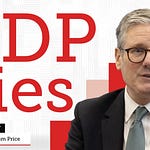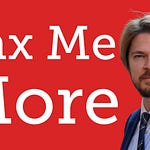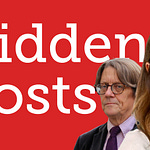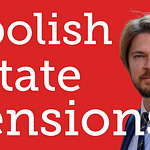In this IEA In Conversation event, Dr. Christopher Snowdon, Head of Lifestyle Economics, hosts Prof. Mario Rizzo of New York University for an incisive examination of behavioural economics and its paternalistic implications. Prof. Rizzo, co-author of the acclaimed "Escaping Paternalism" and co-director of the Classical Liberal Institute at NYU, challenges the fundamental premises of behavioural public policy with sharp precision and intellectual rigor.
The lecture delves into the limitations of behavioural economics' approach to policy-making, exploring how context-dependent biases are, why quantifying them accurately is nearly impossible, and how government intervention may inadvertently weaken individuals' capacity for self-regulation. Prof. Rizzo dissects Cass Sunstein's provocative claim that Friedrich Hayek might have approved of some behavioural interventions, revealing the flawed assumptions underlying this hypothesis.
Following the lecture, Dr. Snowdon leads a stimulating Q&A session exploring practical applications of these ideas, from pension auto-enrollment to food positioning, organ donation policies, and the reality of slippery slope concerns in regulation. Throughout, Prof. Rizzo offers a compelling case that while acknowledging human fallibility is important, the contextual nature of decision-making and our limited knowledge of individual circumstances make paternalistic interventions fundamentally problematic.











